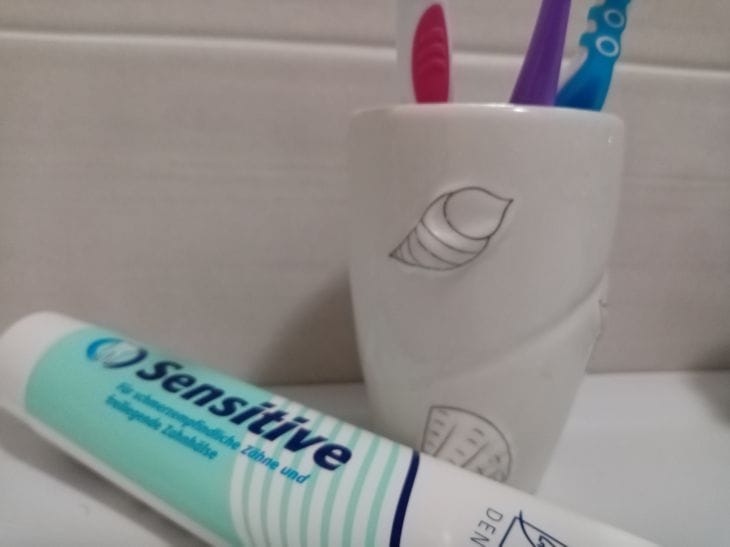Every morning, millions of people ask themselves the same question: what is better to do first – have breakfast or brush your teeth?
This choice is not as easy as it seems.
Proper routine affects dental health, digestion and overall well-being.

What happens in your mouth at night
At night, the body reduces the production of saliva, which plays a key role in maintaining oral health. Without its protective functions, bacteria begin to actively multiply, which leads to the formation of plaque on the teeth.
This is why many people experience bad breath in the morning and feel the urge to brush their teeth.
However, bacteria that accumulate overnight can end up in your stomach with your first sip of water or food. This scenario raises questions: Should you get rid of the germs first, so you don’t swallow them with your breakfast?
Benefits of Brushing Your Teeth in the Morning
Dentists agree that morning brushing helps remove plaque that has accumulated overnight. It not only freshens your breath, but also reduces the risk of cavities.
Toothpaste containing fluoride strengthens enamel and creates a protective barrier on the surface of the teeth.
In addition, the procedure stimulates the production of saliva, which helps to start digestion and reduces the impact of acid from food on the teeth. Brushing before breakfast prepares the oral cavity for food intake.
Breakfast before brushing teeth
Nutritionists believe that the morning is an important time to start the metabolism. Breakfast helps to "wake up" the body and charge it with energy.
But if you brush your teeth before eating, the taste of your food may change due to the remaining taste of your toothpaste.
Some studies show that acidic foods, such as juices and fruits, temporarily soften enamel. Brushing your teeth right after breakfast can damage enamel that has not yet had time to regain its strength.
Optimal time for cleaning
Experts recommend postponing the procedure of brushing teeth for 30 minutes after the morning meal. This time is needed to neutralize acids and strengthen the enamel.
An alternative is to rinse your mouth with water after eating to remove any food particles and some bacteria.
Rinsing helps reduce acidity and plaque before you brush your teeth properly. This approach minimizes damage to enamel.
What to choose depending on your habits
The decision about what to do first depends on individual characteristics and preferences.
If morning breath is a major nuisance, it is best to brush your teeth before breakfast. For those who prefer to start the day with food, it is important to remember to rinse your mouth after breakfast.








